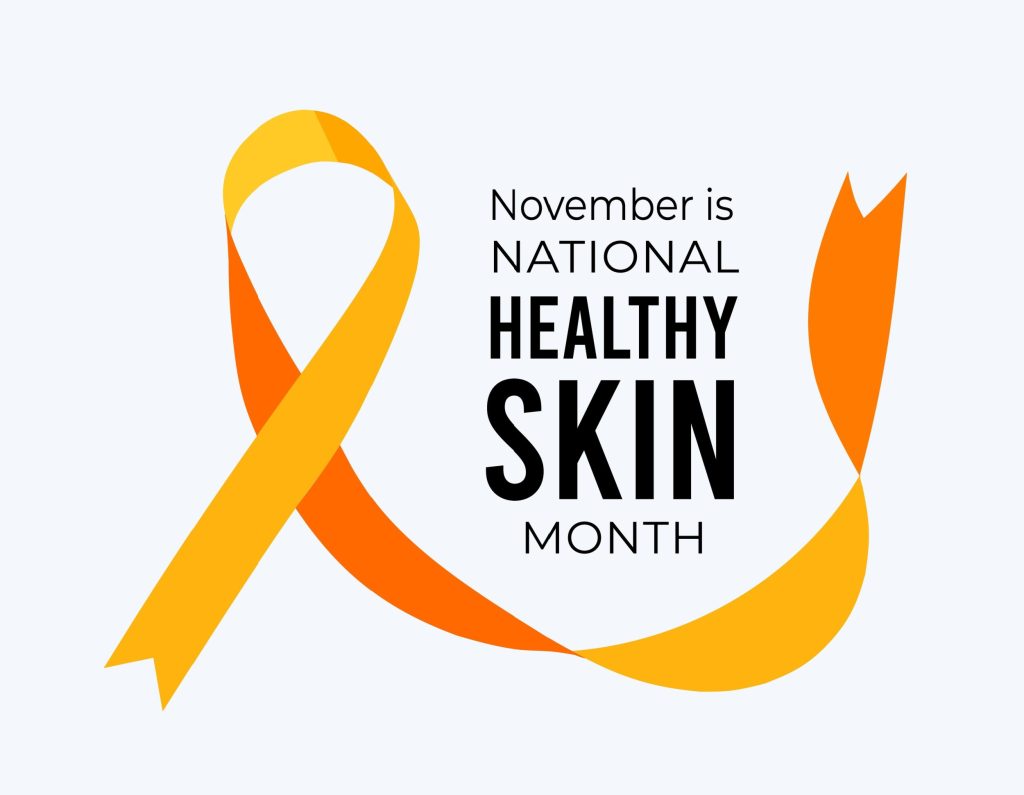
Engaging in outdoor activities like boating, going to the beach, swimming, and gardening can be exciting. However, participating in these activities also exposes your skin to harsh elements like the wind and sun. Without proper protection, the sun can cause damage to your skin, leading to sunburn, premature aging, and skin cancer. And when spending too much time in the wind, you become susceptible to windburn, a form of skin irritation characterized by dryness, redness, and inflammation. When you combine sunburn and windburn, it can be detrimental to the skin.
It’s important to remember that you can enjoy your favorite outdoor activities while keeping your skin safe. By taking a few precautions, you can have a memorable time in the open air while maintaining healthy and radiant skin.
How to Protect Your Skin from the Damaging Effects of the Wind & Sun
Cover Exposed Skin:
To shield your skin from the sun’s harmful rays and the wind’s drying effects, cover as much exposed skin as possible when outdoors. Wear long-sleeved shirts and pants made from breathable fabrics like cotton or bamboo. Consider layering your clothing to create an additional barrier against the wind. Dark colors and fabrics with a high UPF (ultraviolet protection factor) offer superior sun protection. Don’t forget to cover your face, neck, and ears with hats, scarves, buffs, or face masks to protect these sensitive areas.
Use UV-Protective Sunglasses:
Sunglasses are essential for protecting your eyes and the delicate skin around them from harmful UV radiation. Look for sunglasses that provide 100% UV protection. Wraparound styles are particularly effective as they block out UV rays from the sides as well. In addition, sunglasses can help with keeping your eyes from getting dried out from direct contact with the wind.
Use a Windproof Moisturizer:
Before heading out, apply a moisturizer or an emollient-rich cream to create a protective barrier on your skin. This step should be before applying your sunscreen. Look for products containing ingredients like ceramides, shea butter, or petroleum jelly, which help seal in moisture and shield your skin from the wind. Reapply the moisturizer as needed, especially after prolonged exposure to the wind. Be sure to follow up with sunscreen.
Apply Sunscreen:
While windburn primarily affects the skin’s moisture barrier, it’s important not to neglect sun protection. Even on cloudy days, the sun’s UV rays can still cause damage. Apply a broad-spectrum sunscreen with an SPF of 30 or higher to exposed areas of skin, including your face, neck, and hands, at least 15-30 minutes prior to stepping outside.
Protect Lips and Hands:
The skin on your lips and hands is thinner and more susceptible to dryness and sunburn. Apply lip balm with an SPF of 30 or higher to keep your lips protected and moisturized. Don’t forget to wear gloves or use a broad-spectrum sunscreen also with an SPF of 30 or higher on your hands to prevent sun damage.
Limit Wind Exposure:
If possible, try to limit your exposure to strong winds. Check the weather forecast beforehand and plan outdoor activities on days when wind speeds are lower. Consider engaging in wind-protected activities or finding sheltered areas where you can enjoy the outdoors without excessive wind exposure. As previously stated, strong winds can cause windburn, which is a form of skin irritation that resembles a sunburn. Planning your outings can be of great help in minimizing risk for this.
Seek Shade and Time Your Activities:
When the sun is at its strongest, typically between 10 a.m. and 4 p.m., seek shade whenever possible. This is especially important for boating or beach activities. Plan your outings earlier in the morning or later in the afternoon when the sun and wind is likely to be less intense, reducing your risk of sunburn, windburn, and heat-related skin issues.
Avoid Harsh Cleansers:
When washing your face and body after engaging in outdoor activities, avoid using harsh cleansers or hot water, as they can further strip your skin’s natural oils and exacerbate windburn and sunburn. Choose mild, fragrance-free cleansers and use lukewarm water instead. Gently pat your skin dry with a soft towel, leaving a thin layer of moisture to help retain hydration.
Hydrate from Within:
Both wind and sun exposure can lead to dehydration, which affects your skin’s health. Drinking plenty of water is essential for maintaining hydrated skin, even in windy conditions. Hydration helps nourish your skin from within and minimize dryness caused by wind exposure. Carry a water bottle with you during outdoor activities and make a conscious effort to drink at regular intervals.
Use a Humidifier Indoors:
After spending time outdoors, counteract the drying effects of the wind by using a humidifier indoors. The moist air created by the humidifier helps prevent excessive dryness and keeps your skin hydrated. Place the humidifier in rooms where you spend the most time, such as your bedroom or living room.
Taking proactive measures to protect your skin from wind and sun exposure is crucial for maintaining its health and appearance. By following these dermatologist-approved tips, you can enjoy outdoor activities like boating, beach trips, and spending time outside while keeping your skin safe. Remember, healthy skin is beautiful skin, so make sun and wind protection a top priority in your outdoor routine.
Contact FLDSCC for All Your Skin Care Needs
Florida Dermatology and Skin Cancer Centers provides a full spectrum of dermatology and skin care services, and its team of physicians, APRNs, and PAs are experts in diagnosing and treating skin cancers with the latest technological options. Medical Director, Dr. K. Wade Foster, is fellowship-trained in Mohs surgery, the most effective technique for most types of skin cancers, with minimal scarring or risk.
For more information about the services that Florida Dermatology and Skin Cancer Centers provides, or to make an appointment for a skin exam, visit www.fldscc.com or contact us at (855) FLD-SKIN.


